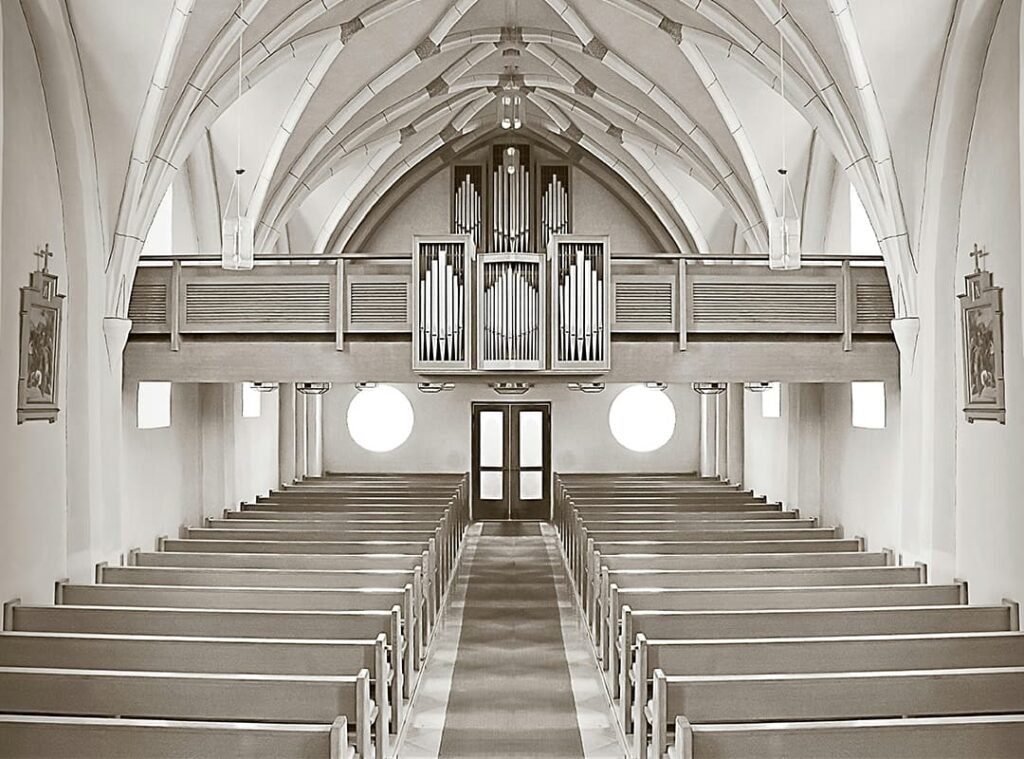In the wake of the Synod’s decision to reject the appointment of women as bishops, the reactions were immediate and predictable. The Archbishop of Canterbury, expressing his “deep personal sadness,” emphasized the urgency of resolving the issue quickly. However, this urgency overlooks the fact that the vote was intended to settle the matter. Had the motion passed, there would be no call for further discussion. We have seen this pattern before, particularly during the 1980s when votes rejecting women priests were repeatedly challenged by those pushing for change. This tactic, reminiscent of political maneuvers by Trotskyists, Entryists, and EU politicians, undermines true democratic process.
The English Church is facing a far graver crisis than the debate over women in the episcopate; it is suffering from a deeper ailment that has been festering for over a century. The recent vote is merely the latest chapter in a long-standing struggle that dates back to the 1840s. John Henry Newman, while still an Anglican, warned that the nation faced a stark choice between Christianity and liberalism, the latter being synonymous with state-enforced secularization. History has proven Newman correct, as the state has increasingly dictated the direction of national life, often in direct opposition to Christian values.
Examples of state interference in religious matters are not new. In the 19th century, the government abolished ten bishoprics in Ireland. In 1928, it blocked a modest revision of the Book of Common Prayer. However, these actions pale in comparison to the current state takeover of religious affairs.
This is not the complaint of a disillusioned traditionalist; it is a warning echoed by Frank Field MP. Last year, Field introduced a parliamentary motion that sought to override the Synod’s vote against women bishops. He warned that if the Synod failed to approve the measure, some MPs would push to remove the Church of England’s exemption from anti-discrimination laws. This would likely lead to severe consequences, such as disestablishment, stripping the Church of its historic privileges.
With the Synod’s vote now concluded, we can expect these threats to materialize, as secular authorities increasingly dictate religious and theological matters based on so-called secular values. The true scandal lies in the Church’s hierarchy allowing this to happen.
The term “secular” has become a euphemism for “atheistic.” The values that now govern our society have little to do with our Christian heritage and everything to do with Enlightenment ideals that emerged during the French Revolution—ideals like Liberty and Equality. The fraternity that was promised never materialized, as evidenced by the horrors of the Revolution.
This shift goes far beyond ecclesiastical debates; it reflects a broader societal upheaval that has been unfolding for over two centuries. Our society is no longer guided by the cross of Christ but by slogans rooted in secular, atheistic ideologies. These slogans have effectively replaced the Ten Commandments as the moral code by which we are now expected to live.
The new commandments dictate that we must not be racist, sexist, or judgmental. We must adhere to the laws of diversity, inclusivity, and non-discrimination. Those who fail to comply will face the wrath of the thought police, who will ensure that dissenters are punished by the state.
This profound shift from a Christian society to a secular, authoritarian regime is irreversible. As philosopher T.E. Hulme observed in the early 20th century, societies fall when they lose faith in themselves and adopt the ideologies of their adversaries. Our English Christian nation has been penetrated by these alien ideas, and the wound is not superficial—it is fatal.
